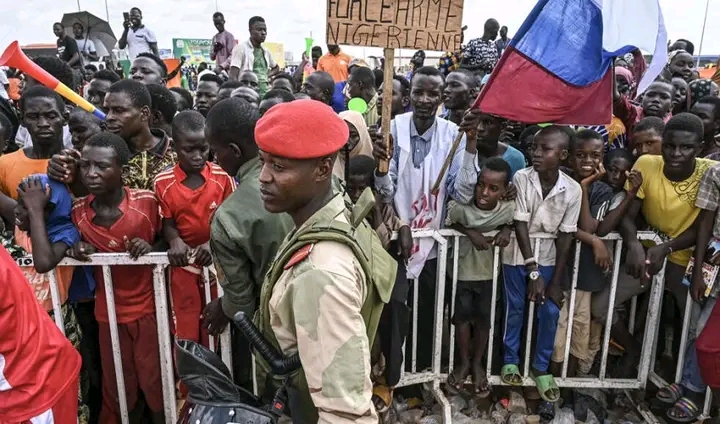By Ollus Ndomu
The Commonwealth has partially suspended Gabon in response to the recent military coup that ousted President Ali Bongo from power.
During their meeting on the sidelines of the United Nations General Assembly, foreign ministers of the Commonwealth made the decision to partially suspend Gabon and called on the nation to uphold the Commonwealth’s values and principles while urging prompt credible elections.
The Commonwealth’s decision to advocate for elections over immediate reinstatement differs from ECOWAS’s stance regarding Niger’s recent coup.
The critical factor here appears to be the context and circumstances surrounding each coup.
In the case of Gabon, shortly after Mr. Bongo was declared the winner of the 2023 presidential election, the military swiftly removed him from power.
Analysts say the he Commonwealth’s call for credible elections stems from concerns about the legitimacy of the electoral process leading up to Mr. Bongo’s contested victory.
By advocating for elections, the Commonwealth aims to ensure that the democratic will of the Gabonese people is respected and upheld, and that any irregularities in the electoral process are addressed transparently.
On the other hand, ECOWAS’s decision to call for reinstatement in Niger may be influenced by the different political and constitutional contexts in the two countries.
Niger has a history of democratic governance, and the coup there was widely condemned as an infringement on the democratic order.
ECOWAS’s call for reinstatement in Niger is a reflection of its commitment to preserving democratic norms and institutions in the region.


